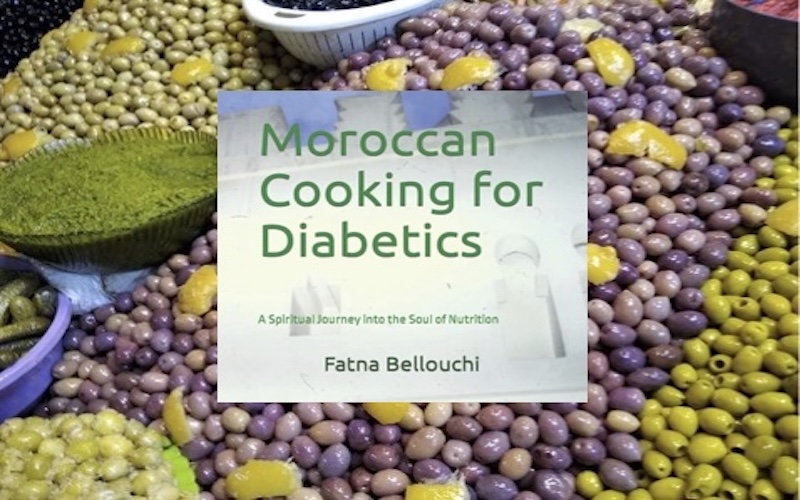In Islam, health is not just a physical matter—it is a trust from God (amānah). The human body is considered a divine gift, a vessel for the soul, and a means to serve Allah. As such, Islam places profound importance on maintaining health, eating mindfully, and living in balance. This holistic approach to wellness—rooted in revelation, tradition, and reason—has made Islamic health and nutrition principles timelessly relevant.
The Qur’anic Foundation of Health
The Qur’an provides guidance not only for spiritual development but also for bodily well-being. It encourages moderation, cleanliness, and awareness of what one consumes:
“Eat and drink, but do not be excessive. Indeed, He does not like those who commit excess.”
— Qur’an 7:31
This single verse outlines the Islamic philosophy of nutrition: eat what is good, avoid what is harmful, and never indulge in excess. Food in Islam is not just sustenance—it is a means of worship when consumed with gratitude and restraint.

The Prophet Muhammad’s (PBUH) Health Teachings
The health habits of the Prophet Muhammad (peace be upon him) serve as a model for Muslims. He ate with mindfulness, encouraged physical activity, and lived a life of simplicity and balance. His daily routines—documented in Hadith literature—form the foundation of Prophetic Medicine (Tibb al-Nabawi), a holistic system combining physical, mental, and spiritual care.
Key Health Teachings of the Prophet:
- Moderation: He never overate and taught that one-third of the stomach should be for food, one-third for drink, and one-third for air.
- Hygiene: Personal cleanliness was emphasized through practices like wudu (ablution) and regular grooming.
- Fasting: The practice of intermittent fasting, particularly during Ramadan, promotes both spiritual discipline and metabolic health.
- Natural Foods: He favored simple, whole foods such as dates, honey, olives, barley, milk, vinegar, and water.
Superfoods in the Islamic Tradition
Many foods mentioned in the Qur’an and Hadith are now recognized as nutritional powerhouses:
- Dates: Rich in fiber, antioxidants, and natural sugars; ideal for breaking fasts.
- Honey: Called a “healing for mankind” in the Qur’an (16:69); antibacterial and anti-inflammatory.
- Black Seed (Nigella Sativa): The Prophet said, “It is a cure for everything but death.”
- Olive Oil: Described as blessed in the Qur’an; known for heart health and anti-inflammatory properties.
- Fig and Pomegranate: Both fruits are praised for their nutritional benefits and symbolic meaning in the Qur’an.

Fasting: A Spiritual and Physical Cleanse
Ramadan is the most well-known period of fasting in Islam, but voluntary fasting is also common throughout the year. Beyond its spiritual significance, fasting has been shown to:
- Improve metabolism and insulin sensitivity
- Reduce inflammation
- Enhance mental clarity
- Promote self-discipline and gratitude
Fasting reminds the believer that true nourishment is both physical and spiritual.
Holistic Wellness: Mind, Body, and Spirit
Islamic wellness goes beyond food and fitness. Emotional health, strong community bonds, restful sleep, and remembrance of God are all essential parts of holistic well-being.
“Verily, in the remembrance of Allah do hearts find rest.”
— Qur’an 13:28
A healthy heart (both physically and spiritually) is the foundation of a healthy life. Islam encourages mindfulness, gratitude, and regular prayer—all practices known today to reduce stress and increase mental well-being.
Conclusion: Health as a Form of Worship
In Islam, caring for your body is not vanity—it is ibadah (worship). When a Muslim eats nutritious food, exercises, sleeps well, and avoids harmful substances, they are not just improving their life—they are fulfilling a sacred trust.
The Islamic model of health and nutrition is not a trend. It is a divine blueprint—designed to keep the believer grounded, grateful, and in harmony with creation.
As the Prophet Muhammad (PBUH) said:
“There are two blessings which many people lose: health and free time.”
— Sahih al-Bukhari
Let us not waste either.






